Industry 4.0: Definition and related technologies

According to (Moore, 2019), the Fourth Industrial Revolution (or Industry 4.0) involves the growing combination of traditional manufacturing and industrial platforms and practices with the latest smart technology. Main technologies related to this revolution are IOT, Machine Learning, and Cloud computing.
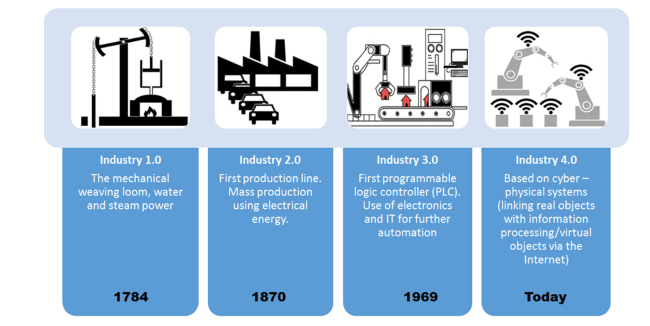
From Industry 1.0 to Industry 4.0, Photo Credit.
The importance of IOT comes with the evolution of smart factories or smart machines, following industry 3.0 where computerized machines were the main development. By smart machines it means that they are digitally connected with information transferred in between. As an example, a factory may sense a malfunction in one of its components easily using sensors and respond in a timely manner. Another example is that the factory could adjust its output based on some information of a shortage of supply material.
As for Machine learning, these smart machines are autonomously improving by time in performing their functions as they are fed with more data and information. This is done by feeding them with algorithms making them capable of predicting output or response based on the data which they learned so that the more data history they have the more precise their output would be. This is critical when considering these machines could make decisions that are time sensitive like in the case of an error.
Cloud computing is crucial to adopt these technologies effectively when it comes to small firms which are the majority of working force in Egypt. That is because it allows provisioning of high computational power and data storage size with affordable cost for these firms allowing them to make use of the technologies behind this revolution without having to acquire costly data centers and processors and they could use cloud according to their work plan e.g.:
- SaaS (Software as a Service) if they only need ready applications, or
- PaaS (Platform as a Service) if they need tools to develop their own applications, or
- IaaS (Infrastructure as a Service) if all they need is to provision hardware.
And there are also many pay models to suit them like pay as you go which doesn’t force them for a fixed subscription, but they can pay according to their usage. Regarding privacy, there are several alternatives using cloud like public, private, or hybrid clouds.









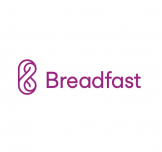









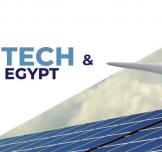
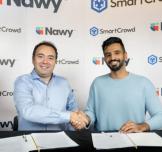






































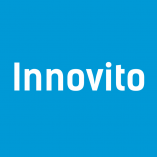


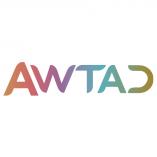



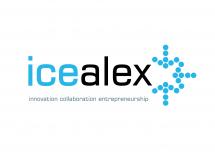


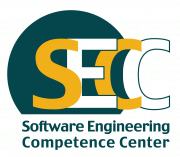
EgyptInnovate site is not responsible for the content of the comments